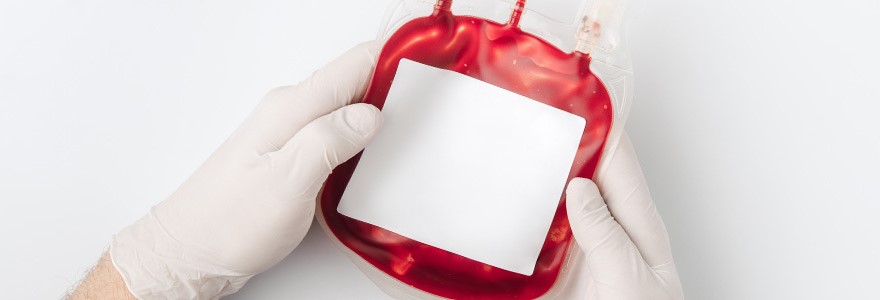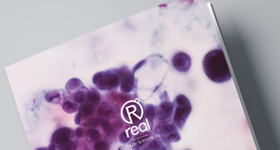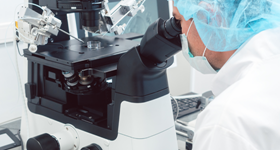Donating blood – why does every drop count?

Observed globally every year on the 14th of June, World Blood Donor Day is celebrated to thank voluntary, unpaid blood donors for their life-saving gifts of blood. It is a cause to raise awareness of the need for regular blood donations to ensure the quality, safety and availability of blood and blood products for patients in need. Singapore in particular is experiencing a rising demand and shortage in supply in our blood banks.
What is the significance of the day in Singapore?
Singapore is a small state with a massively ageing population. This has triggered a rising demand for blood over the last five years. This demand stems mainly from the elderly population who are more susceptible to develop age-related medical diseases like heart disease and stroke. As such, the need for blood to support more medical and surgical procedures will also continue to rise.
To add on, an ageing population may also result in a dwindling pool of potential blood donors in the nation. This is because regular donors may no longer be able to give blood if ill health strikes when they get older. On average, about 600 regular donors stopped donating each year due to age-related illnesses. Yet every day, many patients undergo major operations and they may each need two to four bags of blood.
Ultimately, these trends will continue persist and awareness needs to be raised amongst the general public. Find out what difference you can make today with the list of fun-facts below!
Fun-Facts: Did you know?
1 unit of blood saves a total of 3 lives
Every hour of the day, 15 units of blood are used in Singapore
We need about 120,000 units of blood are needed to meet the transfusion needs of patients every year, equivalent to more than 400 units of blood a day
Donors can also have blood drawn for their own future use. This is known as an autologous donation
Most of the components of blood used for transfusions have a short shelf life
Red blood cells (RBC), the most frequently used component, have a shelf life of 35–42 days at refrigerated temperatures, which can be extended by freezing the blood
World Health Day (June 14) is the birthday of scientist Karl Landsteiner, the man who discovered the ABO blood group system
What are the basic donor requirements that you should be meeting?
Reported by the Health Sciences Authority of Singapore, you must:
Be between 16 and 60 years old
Weigh at least 45 kg
Have a haemoglobin level of at least 12.5 g/dl
(Male donor is 13.0 g/dl)
Generally be in good health
Not have had any symptoms of infection for at least 1 week e.g. sore throat, cough, runny nose, diarrhoea
Not have had a fever in the last 3 weeks
What happens to the blood you give in Singapore?
Every single blood donation goes a long way. After blood is collected, it goes through stringent testing at the laboratories of the Health Sciences Authority to check for various diseases and blood typing.
It also gets separated into the three components — red blood cells, platelets, and plasma — for storage and distribution to hospitals.
While giving blood should be all about helping those in need, there are a few things in it for you.
What are some of the health perks?
Medical research has shown that blood donors are 33% less likely to suffer a cardiovascular disease and 88% less likely to suffer a heart attack. According to a study published in the Journal of American Medical Association, researchers found that those between the ages of 43 and 61 had fewer heart attacks and strokes when they had donated blood every six months.
Regular blood donors have lowered health risks with iron depletion. High blood iron can cause a variety of symptoms, such as irregular heartbeats, lethargy, muscle weakness, hardening of arteries, accelerated cholesterol oxidation, decreased libido and enlarged liver, to name a few. When donating blood, you are removing 225 to 250 mg of iron from your body; therefore reducing your risks of health complications.
Studies have found that those who donated blood biannually had reduced their risk of cancer and mortality compared to those who didn't, simply because of decreased iron levels.
Blood donation has also been found to help those wishing to lose weight. A person who donates blood burns about 650 calories with every pint donated, as the body has to work to replenish itself.
Where can you donate blood in Singapore?
Interested in changing the lives of those in your local community? You can make a blood donation at any of the 4 blood banks or at a community blood donation drive near you:
Blood is the most precious gift that anyone can give to another person — the gift of life. Aligning with that vision, Real Life Sciences Singapore will be hosting a World Blood Donor event next week in hopes to raise awareness and lend a helping hand to those in need. Let us all take action and make a positive difference together today!




